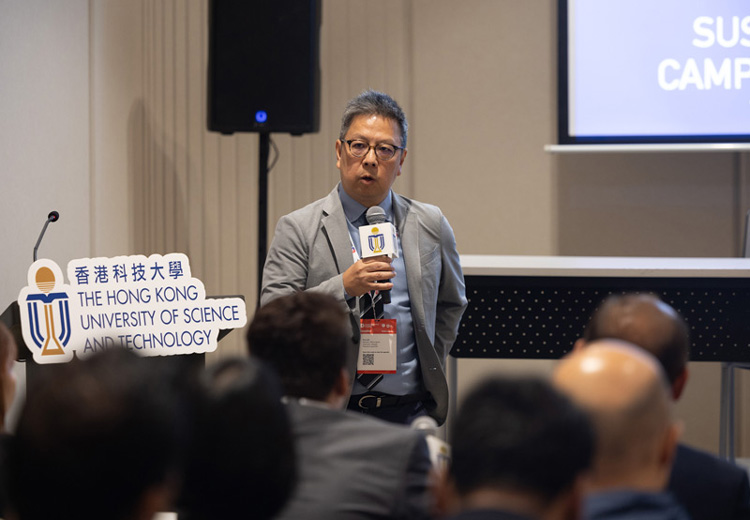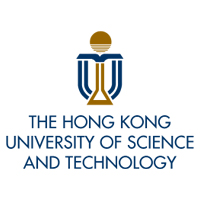Smart innovations for sustainable cities: lessons from Hong Kong

Sponsored by

Sponsored by

The era of smart cities requires practical innovations at scale to maximise the quality of living and create a sustainable model for 21st-century urbanisation
Urbanisation is one of the trends shaping Asia in the 21st century. The United Nations forecasts that Asia’s urban population will grow by 50 per cent by 2050. This requires 21st-century responses from policymakers, industry and higher education to manage this growth and create liveable, sustainable cities for its populations.
Speaking at the 2024 THE Global Sustainable Development Congress in Bangkok, Hong Kam Lo, director of the GREAT Smart Cities Institute at the Hong Kong University of Science and Technology (HKUST), shared perspectives on innovation from Hong Kong. As the dean of engineering and chair professor of civil and environmental engineering at the university, Lo has witnessed a transformation of his own campus that mirrors the aspirations that Hong Kong’s policymakers harbour for the city itself.
HKUST has been so successful in transforming its campus into a living laboratory for smart city innovations that it was awarded an International Sustainable Campus Network Excellence Award in 2022, before it was a member of the network. “In my view, let’s not define what we should do but provide a platform, let young people and people with good ideas work out solutions,” Lo said.
HKUST crowdsources innovation through its faculty and students, inviting applications for funding smart campus initiatives. “We scrutinise those proposals very closely and fund those with high potential, not just for research but for implementation and demonstration on campus,” Lo said. The key is application. Lo is looking for impact, to tackle a diverse range of real-world issues such as waste management, water consumption and biodiversity. “We have funded 39 projects in the last few years involving a lot of students and faculty and external engagement with industry and government,” he said.
The innovations are ingenious, such as an AI camera to monitor bird populations, supporting on-campus biodiversity and another AI-enhanced camera that measures food waste in the canteen. HKUST’s campus is now fully digitalised, with a digital twin created to catalogue energy usage and manage the facilities. HKUST’s registrar has also been transformed by technology, with all qualifications now certified by blockchain. “No need to call back and check,” Lo said.
How these and similar innovations are applied at scale in the city at large will be key. According to Lo, the easy bit is working out what you want to do but the how is the difficult part. But those working on smart cities will have no shortage of support in Hong Kong. It is a governmental priority, with funding to facilitate collaborative projects between academia and industry. Initiatives such as Hong Kong’s open data platform allow for innovation on smart apps and encourage foreign investment. The Hong Kong government helped HKUST fund the purchase of the largest graphics processing unit farm in Hong Kong, which is testimony to how important computational power will be in underpinning innovation. As Lo said, this allows academics and industry partners to “push the envelope for AI applications” and shape the city of tomorrow and the lives of billions of people.
The speakers:
- Hong Kam Lo, dean of engineering, chair professor of civil and environmental engineering, and director of GREAT Smart Cities Institute, Hong Kong University of Science and Technology
- Marcus Leung-Shea, acting director, Sustainability/Net-Zero Office, Hong Kong University of Science and Technology
Find out more about the Hong Kong University of Science and Technology.